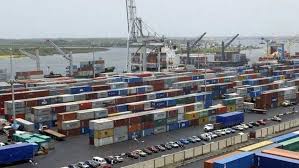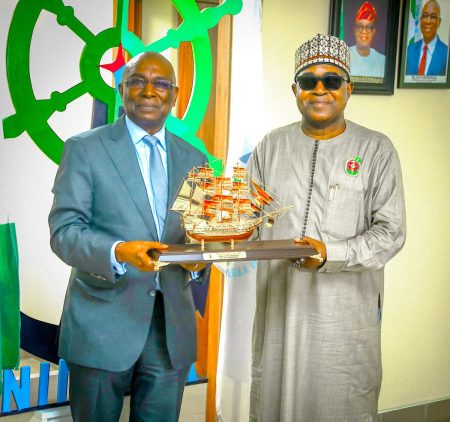
Vincent Toritseju
Lagos — In a bid to get rid of sub-standard vessels from African waters, the leadership of the Abuja Memorandum of Understanding, AbujaMoU, has enjoined members of the MoU to avail themselves the training opportunities initiated by the International Maritime Organization, IMO, with a view to gaining technical knowledge to advance their Port State Control functions.
Speaking at the opening ceremony of the regional workshop for heads of Maritime Administrators, Secretary General of the Abuja MoU, Capt Sunday Umoren, said that Port State Control Officers being the first in line of both offensive and defensive battles against sub-standard shipping in our waters, must improve in their functions.
Umoren explained that there can be no long-term success in capacity building without the buy-in of all persons in the spector.
According to the former sailor, the training is aimed at ultimately obtaining the unlimited support of the Policy Makers who will in turn hold the Port State Control officers on ground accountable thereby improving the efficacies of the regime adding that this is the strategic reasoning behind the training.
Speaking also, William Azuh, Head, Africa Section, Sub-division for Maritime Development Technical Cooperation Division at the International Maritime Organization, IMO, noted that there have been lots of leadership changes in the maritime administrations in the West and Central African region adding that Port State Control is a critical elements of trade facilitation and by extension the quality of shipping and shipping services.
According to him awareness at the very top of governance in the maritime administrations is crucial as the workshop is a meeting of minds between the secretariat of Abuja MoU and IMO to bring the current leadership of these administrations in the region up to speed on their responsibilities under the Port State Control regime.
On his part, Director General of the Nigerian Maritime Administration and Safety Agency, NIMASA, Dr. Bashir Jamoh, said that the shipping industry regulators must always be a step ahead of the challenges that beset the global seaborne trade.
Follow us on twitter



